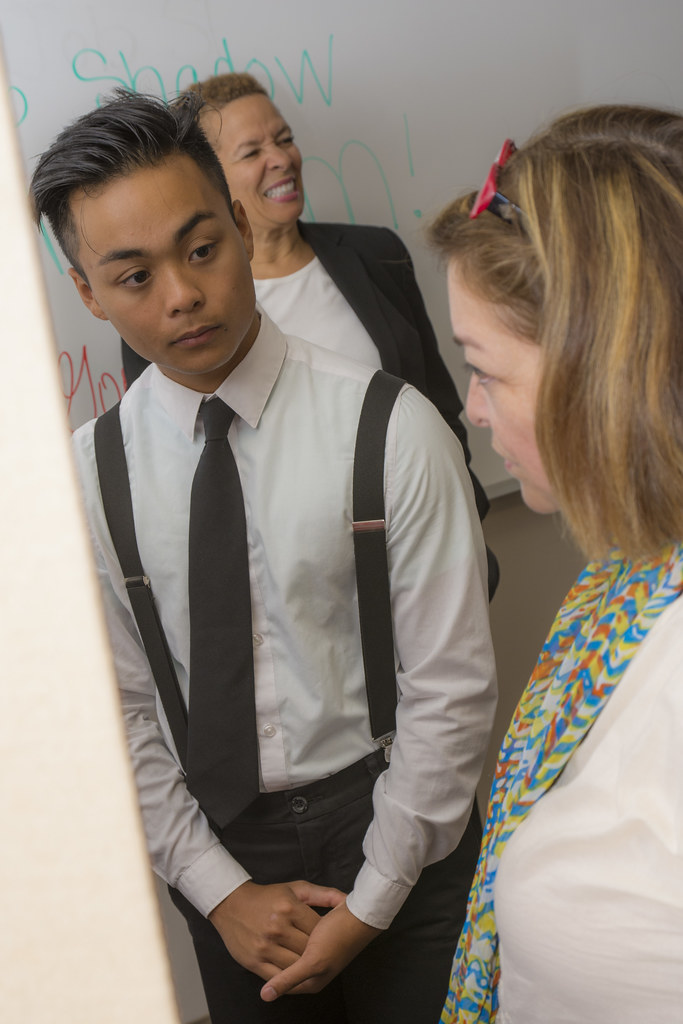10 Things College Bound Students should be doing!

The Free Application for Federal Student Aid (FAFSA) is used by the federal government to determine a family’s eligibility for grants, work-study, and loans to pay for college.
Though this may seem tedious and unnecessary, it is a simple process and a huge help to anyone interested in college.

You hear of people going on college visits all the time; however, many people wait to visit until it is time to choose your college. Start early, even as a junior, but definitely as a senior. Take a day and visit a few colleges that could be an option for you. This will allow you to see what campus is like, how the program you are interested in is set up, and find extracurriculars that are available there. Spend some time finding the right place for you!
Many colleges and universities have an option for a campus visit day that is open to everyone but there is also an option to schedule more of a one on one connection tour. Both are amazing ways to get to know the school.

There are plenty of websites that are filled with scholarship opportunities! Pick a few and start applying. Apply for as many as possible, even if you do not fit all of the criteria, they may still give it to you if you are the best applicant (it has happened before).
If you have chosen your school already, apply for University/College specific ones! Vincennes University for example, auto-applies for all of their scholarships with just you application to attend. Eastern Illinois University has many scholarships that are specific to programs and extracurriculars that you can apply for easily. Take the time to earn that money and to make college life a little easier.

People change as we get older– that is a fact. So do not be nervous or afraid to change your mind on anything. If you decide on a college and are ready to go, but then visit another and realize it is a better fit, go for it. Do not be somewhere that you don’t fit.
This applies even after to start you next chapter in college. If you decide that you want to change your major, do it! If you want to change schools, do it. Don’t feel stuck; speak up for yourself, and make it happen.

It is okay not to know everything, so ask a LOT of questions! Do not be afraid to ask your teachers, counselors, or even tour guides questions about anything.

The SAT is a requirement for juniors, but thankfully it isn’t required at many schools. Check the admission requirements of the schools you’re interested in so you’ll know if it’s required. While some schools may not require the SAT, some scholarships do, so take the test — and your performance on it — seriously.
When you take the SAT, be prepared to send your scores to schools you’re interested in. This puts you on their radar and ensures that you’ll start receiving information from them.
Remember that if you don’t like your score, you can take the test again as a senior. Just look it up on collegeboard.org, and set a date!

Take dual credit classes that are offered for junior and senior PHS students. These early credits are free and can transfer later to the college of your choice, reducing the amount of time and money you will spend there. Contact Mrs Will or Mr. Will if you have questions.

Before you settle definitely on a career, contact someone in the field you’re interested in, and ask to job shadow. This will give you hands on practical experience and give you a very realistic picture of what working in that field would be like. If you can’t job shadow, at least set up an appointment with someone who works in the field you’ve chosen, and spend time asking questions to help you determine if this field is a good fit for you.

If there is an opportunity to play your sport in college, the first step is to make a NCSA account and complete it to get started. Start early, and enlist the help of your coaches to contacts schools and other coaches that might be helpful.

Do research on colleges and universities and see the programs that they have available. Find the spot that is meant for you.











